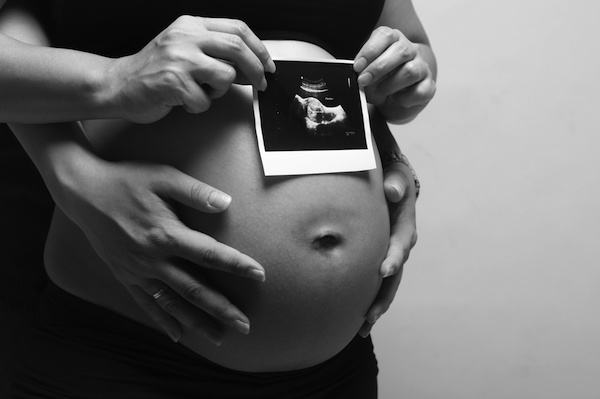
FRIDAY, Aug. 6 (HealthDay News) — The negative feelings parents first experience when told their child has Down syndrome in most cases will eventually turn into joy and resilience, U.S. researchers report.
The study authors have released preliminary findings of an online survey of parents of children with Down syndrome. The survey, begun in October 2009, drew more than 500 responses.
There were many similarities in how parents felt when they learned their child had Down syndrome, said the researchers at Kansas State University and Texas Tech University.
“The majority said it was very devastating, and went through periods of depression, grief, mourning and shock, and felt scared, angry, disappointed or helpless,” Briana Nelson Goff, associate dean for academic affairs in the College of Human Ecology and a professor of family studies and human services at Kansas State, said in a university news release.
However, many parents said those initial feelings were later replaced by positive emotions.
“Several parents said the time to bond with their child was one of the most important keys to their resilience. They had to take that time to realize what they were facing, which then helped their adjustment,” Goff said in the news release.
While parents weren’t directly asked about their dealings with medical professionals, about 20 percent said they’d had negative experiences. These included medical professionals discussing abortion as the only option or parents feeling they were being pressured into making a decision to abort, the survey participants explained.
“This was the biggest surprise to come from the results. I would expect this answer from parents who had their child 20 years ago, but not from parents who had their child within the past five years,” Goff said.
She and colleague Nicole Springer of Texas Tech plan to publish a book that includes information from the survey and interviews with selected parents. Both researchers are parents of a child with Down syndrome.
More information
The March of Dimes has more about Down syndrome.

